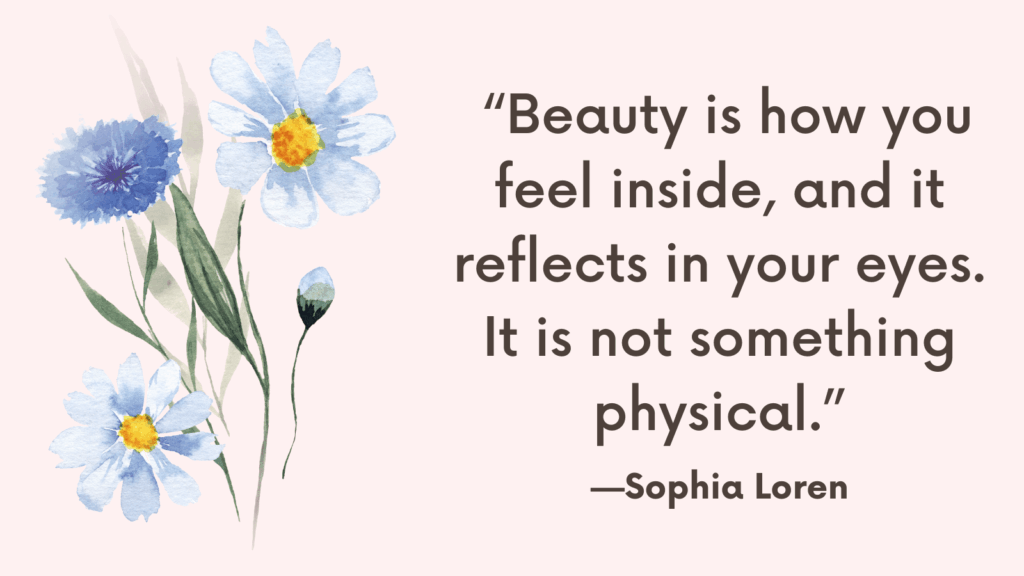This post addresses the topic of night terrors, also known as sleep terrors, and how they differ from nightmares.
Understanding these differences is crucial, especially for those experiencing these episodes or for parents concerned about their children’s sleep disturbances.
What Are Night Terrors?
Night terrors are a type of parasomnia, which refers to abnormal behaviors during sleep.
They typically occur during non-REM (Rapid Eye Movement) sleep, specifically in the deep stages of sleep. Unlike REM sleep, where most dreaming occurs, non-REM sleep involves slower brain waves and is characterized by less dreaming.
Night terrors often manifest in the first few hours after falling asleep, usually during the deep sleep phase.
They involve sudden arousals from this deep sleep, leading to intense fear, confusion, and physical reactions such as screaming, sweating, and a racing heart.
Importantly, these reactions are not caused by a dream, as little dreaming occurs during deep sleep.
Related: Best 25 Night Journal Prompts To Help You Sleep Faster
Night Terrors vs. Nightmares
1. Timing and Sleep Stage:
– Night Terrors: Occur during non-REM sleep, primarily in the first half of the night, associated with deep sleep stages.
– Nightmares: Happen during REM sleep, which is more prevalent in the latter half of the night when most vivid dreaming occurs.
2. Awareness and Recall:
– Night Terrors: Individuals often experience confusion and disorientation upon waking and typically have no recollection of the event.
– Nightmares: Those who wake from a nightmare can usually remember the content of the dream, albeit distressing, and are more alert and oriented.
3. Physical Reactions:
– Night Terrors: Can involve intense physical reactions such as screaming, thrashing, and even sleepwalking. These episodes can last from a few minutes to half an hour.
– Nightmares: May cause physical symptoms like increased heart rate, but these are generally less intense than the reactions seen in night terrors.
Related: Top 50 Sleep Affirmations To Enjoy A Good Night’s Sleep
Causes of Night Terrors
In children, night terrors are often a result of brain immaturity and typically do not indicate a serious underlying problem.
However, if night terrors persist into adulthood or start occurring frequently, it is advisable to seek medical evaluation.
Potential causes in adults include:
– Stress and Anxiety: Emotional stress can trigger night terrors.
– Sleep Apnea: Breathing interruptions during sleep can cause sleep disruptions leading to night terrors.
– Sleep Deprivation: Lack of sufficient sleep can increase the likelihood of night terrors.
– Medications and Substance Use: Certain medications and alcohol can trigger night terrors.
– Pain: Physical discomfort or pain can disturb sleep and lead to night terrors.
Related: Am I Sleep Deprived Quiz (+Top Tips On How To Get Quality Sleep & Stop Bad Dreams)
Managing Night Terrors
1. Good Sleep Hygiene:
Maintain a consistent sleep schedule by going to bed and waking up at the same time every day.
Avoid heavy meals, caffeine, and alcohol before bedtime.
Create a calming bedtime routine to reduce stress and promote relaxation.
2. Addressing Underlying Issues:
If stress or anxiety is a trigger, consider therapy or stress management techniques.
For sleep apnea, consult a healthcare provider for appropriate interventions such as CPAP therapy.
Ensure that any pain or discomfort is managed effectively with the help of a healthcare provider.
3. Scheduled Awakenings:
If night terrors occur around the same time each night, waking the individual about 30 minutes before the usual time of the episode can help break the pattern. This technique, known as scheduled awakenings, can be effective in reducing the frequency of night terrors.
Additional Tips for Better Sleep
Getting a good night’s sleep is crucial for overall health and well-being. Poor sleep can affect your mood, concentration, and overall quality of life. Here are some practical tips to help you achieve better sleep.
1. Maintain a Consistent Sleep Schedule
Try to go to bed and wake up at the same time every day, even on weekends. This consistency helps regulate your body’s internal clock and can improve your sleep quality over time.
2. Create a Relaxing Bedtime Routine
Establish a calming pre-sleep routine to signal your body that it’s time to wind down. Activities like reading a book, taking a warm bath, or practicing relaxation exercises can help prepare your mind and body for sleep.
Examples of Relaxing Activities:
– Light stretching or yoga
– Listening to soothing music
– Practicing mindfulness or meditation
Related: Best 10 Books About Sleep
3. Optimize Your Sleep Environment
Your sleep environment plays a significant role in how well you sleep. Ensure your bedroom is conducive to rest by making it dark, quiet, and cool.
Sleep Environment Tips:
– Darkness: Use blackout curtains or an eye mask to block out light.
– Quiet: Use earplugs or a white noise machine to drown out disruptive sounds.
– Temperature: Keep your bedroom cool, around 60-67°F (15-19°C).
4. Be Mindful of Your Diet
What you eat and drink can affect your sleep. Avoid heavy or large meals, caffeine, and alcohol close to bedtime.
Diet Tips:
– Caffeine: Limit caffeine intake in the afternoon and evening.
– Alcohol: Avoid alcohol before bed as it can disrupt sleep cycles.
– Heavy Meals: Eat dinner at least two to three hours before bedtime.
Related: Best 21 Evening Journal Prompts To Help You Relax & Unwind
5. Stay Active During the Day
Regular physical activity can help you fall asleep faster and enjoy deeper sleep. However, avoid vigorous exercise close to bedtime, as it can have the opposite effect.
Exercise Tips:
– Morning or Afternoon Workouts: Engage in aerobic exercises like walking, running, or swimming.
– Evening Stretching: Gentle stretching or yoga in the evening can promote relaxation without overstimulation.
6. Limit Naps
While naps can be beneficial, especially if you’re sleep-deprived, long or irregular napping during the day can negatively affect your nighttime sleep. Try to limit naps to 20-30 minutes and avoid napping late in the day.
7. Manage Stress and Anxiety
Stress and anxiety are common sleep disruptors. Finding ways to manage them can significantly improve your sleep quality.
Stress Management Techniques:
– Relaxation Exercises: Practice deep breathing, progressive muscle relaxation, or guided imagery.
– Mindfulness: Engage in mindfulness meditation to calm your mind before bed.
– Journaling: Write down your thoughts and worries to clear your mind before sleep.
8. Limit Exposure to Screens Before Bed
The blue light emitted by phones, tablets, computers, and TVs can interfere with your ability to fall asleep. Try to turn off electronic devices at least an hour before bedtime.
Screen Time Tips:
– Blue Light Filters: Use apps or settings that reduce blue light exposure from your devices.
– Alternative Activities: Replace screen time with reading a book, listening to an audiobook, or engaging in a relaxing hobby.
Related: Best 10 Grounding Meditation Exercises
9. Create a Sleep-Friendly Mindset
Your mindset about sleep can influence your ability to rest well. Approach bedtime with a positive attitude and practice cognitive techniques to improve sleep.
Mindset Tips:
– Cognitive Behavioral Therapy for Insomnia (CBT-I): Consider CBT-I if you struggle with chronic insomnia. This therapy addresses negative thoughts and behaviors that affect sleep.
– Positive Affirmations: Use affirmations to create a calm and positive mindset before sleep.

Conclusion
Understanding the differences between night terrors and nightmares is essential for effective management.
While night terrors involve sudden, intense arousal from deep sleep with little or no recall, nightmares occur during REM sleep and involve vivid, often distressing dreams.
Both can be triggered by stress, sleep disturbances, and other factors, but they require different approaches for management and treatment.



